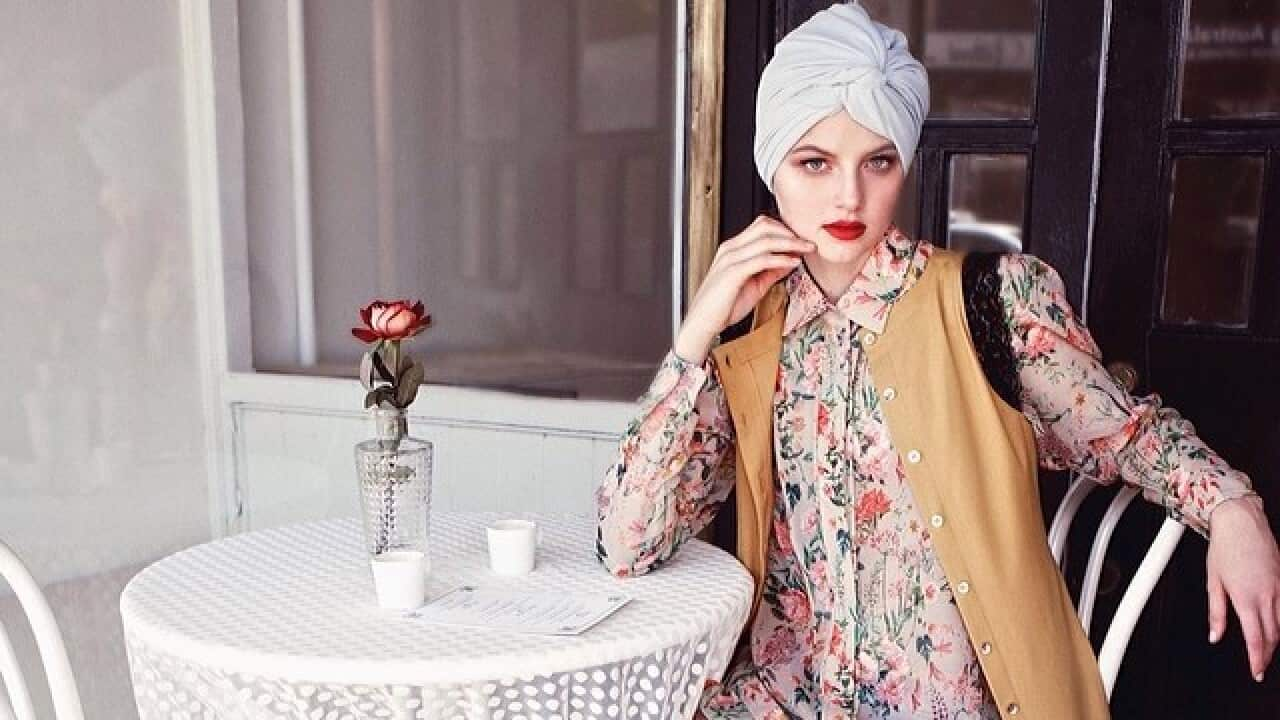(Transcript from World News Radio)
It's been dubbed the Muslim fashion revolution and emerging Australian labels are redefining how Islamic women dress.
And it's not just Muslims who are taking advantage of the new clothing range.
Widyan Al Ubudy reports.
Long gone are the traditional days of plain black headscarves...today Muslim women are delving deep into the world of fashion.
The trend of chic yet conservative fashion has now seen more than 20 modest clothing stores open in Sydney alone.
One label changing the way young Muslim women dress is Hijab House.
It provides modest clothing, with a distinct Australian look.
The founder of the label, Tarik Houcher, says there's plenty of room for competitors.
"The Muslim fashion scene and industry is huge. I'm an advocate for this point but I keep telling mainstream fashion designers you need to get onto this market because it's massive."
Producer of Canberra's FASHFEST, Steven Wright, says the mainstream fashion industry is beginning to see the potential.
"The stuff that we're going to see on the catwalk is modern, contemporary, and is reflective of the Hijab House label. "
Chairperson of the Australian Centre for Muslim Women's Right's, Tasneem Chopra, says Muslim fashion is allowing Muslim women to also produce a new identity.
"So people aren't necessarily settling for what might have been cultural trends. They're adopting it to an identity which they fuse with being an 'Australian Muslim' as well."
Although it's termed Muslim fashion, the customer demographic isn't limited to just Muslim women.
Tarik Houcher says he caters to some of the most unexpected customers.
"One of the most interesting is leukemia patients. So because they need attractive headware, hospitals and health institutions don't offer those products so they started coming here for that."
The edginess of turban-style hijabs and fitted dresses has made Muslim fashion a controversial topic.
Some are arguing what's fashionable isn't always religiously acceptable.
But Tasneem Chopra believes that dress sense is irrelevant when measuring one's religious devotion.
"It's an individual choice whether we choose to cover, whether we choose to not cover, that shouldn't be the determining factor of how we're judged or at least how we conduct ourselves."
For the designers, Tarik Houcher says, balancing faith and fashion isn't an easy task.
"We try our best to design our clothing that kind of caters to both needs, making the woman feel confident and beautiful and making her feel secure and modest."
The Muslim fashion revolution has also moved online.
Bloggers are setting worldwide trends with popular fashion that complies with Islamic dress codes.
And according to Tasneem Chopra, they're also influencing Australian women.
"The smart phone culture that we now possess has made everybody a fashion pundit and critic. There's no longer, I guess, a wall between who can design and who can't and who can comment and who can't. All can be bloggers. Now, what's even more exciting, that beyond the blogging of what I'm wearing and what I'm doing and what I look like, it's what am I doing and who am I? So there's this unspoken culture of identity that's coming through these types of blogs and bloggers that we've not seen before. It's been an opportunity to tell stories that until now haven't been heard."

